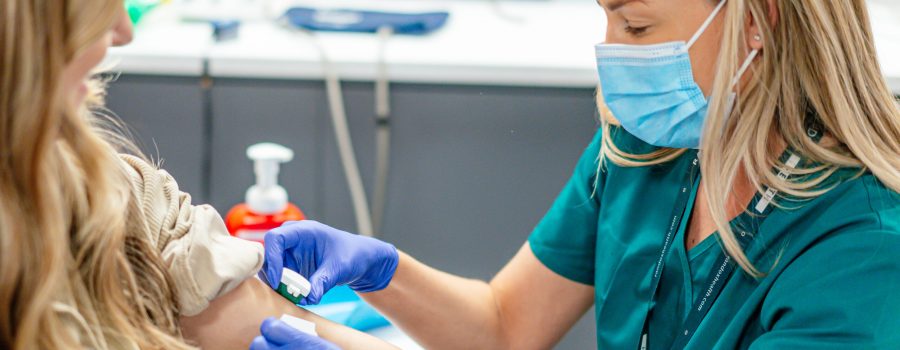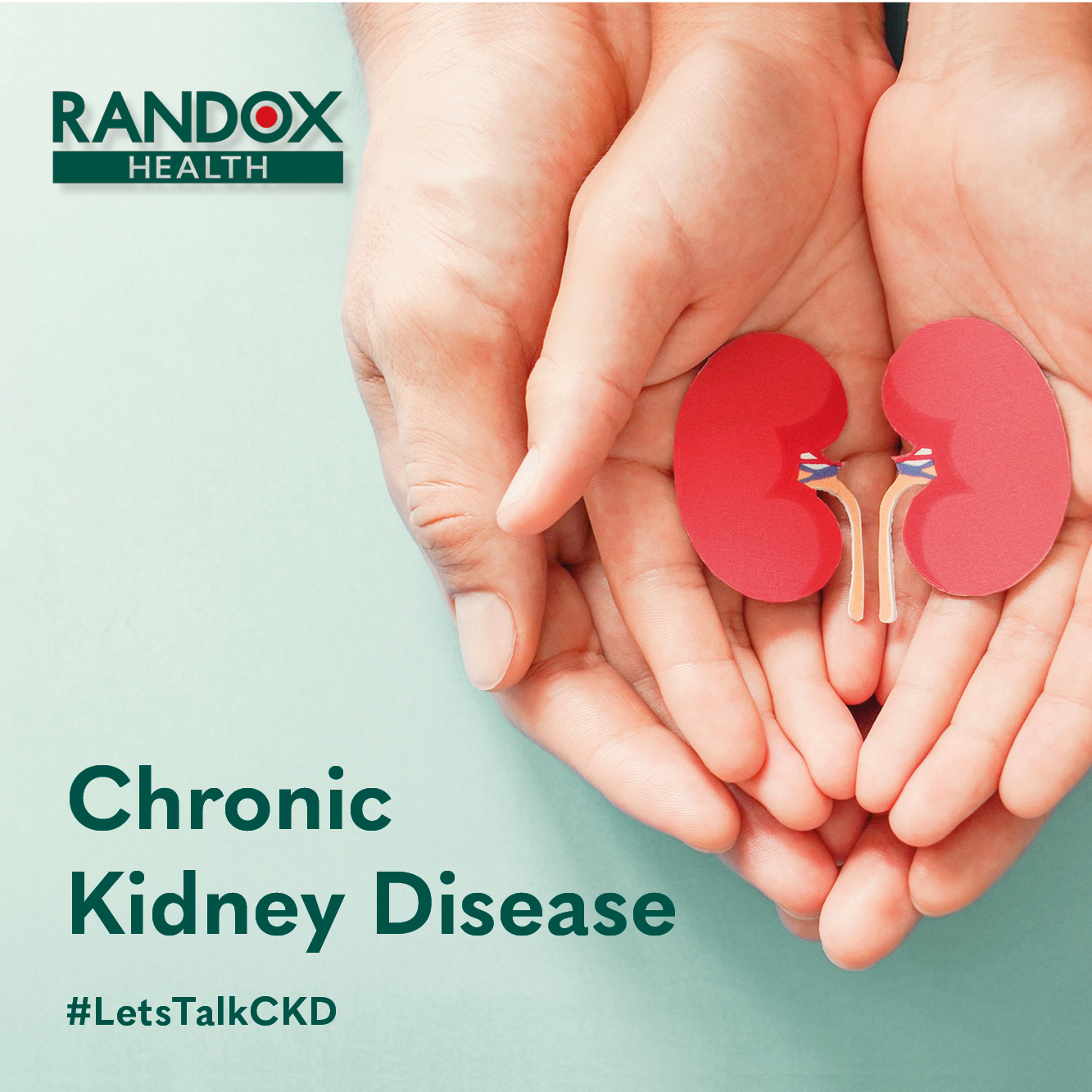29/03/2022
When it comes to cleansing our bodies of harmful and toxic waste product, removing excess fluids and balancing minerals and chemicals, our kidneys are the core organ behind each of these functions. Should our kidneys suffer ill-health or malfunction, severe disease follows suit; specifically, chronic kidney disease (CKD). Around 3 million people in the UK experience CKD with a growth rate of 20 people developing it a day. According to Kidneycareuk it’s a condition when left undiagnosed, is past the point of curing and can even be fatal without dialysis or a transplant. Therefore, it’s so important we’ve got the ability to diagnose and manage CKD as early as we can and our kidney test panel has capability to do just that.
What is CKD?
Chronic Kidney Disease occurs when the kidneys gradually deteriorate overtime meaning that our bodies cannot remove waste products. Chronic implies the damage occurs slowly over a long period of time which is why it can be hard to diagnose CKD in its earliest stages. This causes immense danger to our bodies as if left undiagnosed, our kidneys inevitably will fail resulting in a need for dialysis (treatment to filter waste from our blood) or a kidney transplant to maintain our health.


Am I at risk of CKD? / What are the Causes?
According to NHS Inform, Kidney disease is frequently caused by other conditions that put a strain on our kidneys:
High Blood Pressure
Research shows that 25% of all cases of kidney disease are caused by high blood pressure. Too much pressure damages our body’s organs not only causing a worsening in kidney function but leading to heart disease and stroke. Hypertension causes damage by putting stress on the small blood vessels in the kidneys, preventing our filtering processes from working as they should.
Diabetes
Also responsible for 25% of all CKD cases, those with diabetes are of larger risk of developing CKD than those without it. When poorly controlled, excessive levels of glucose can build up in our blood, damaging tiny filters in our kidneys which impact our kidney’s ability to filter waste product/fluids.
It’s estimated 20-40% of people with type 1 diabetes develop kidney disease before they reach 50 years old and 30% of those with type 2 diabetes may develop kidney damage.
Heart Disease
In a recent interview with cardiologist Dr Paul Kalra and the British Heart Foundation regarding links between our heart and kidneys, Paul stated:
“Recent research has shown that heart failure is a significant risk factor for kidney disease. When the heart is no longer pumping efficiently it becomes congested with blood, causing pressure to build up in the main vein connected to the kidneys and leading to congestion of blood in the kidneys, too.”
Those within the following are also considered to be of greater risk:
- Family History of CKD
- Aging
- African American, Hispanic, or American Indian
- Blockages (kidney stones & prostate disease)
Symptoms/Issues to Watch For
From early to moderate damage, CKD can progress without any noticeable symptoms. It is often found by accident when carrying out routine health checks with a GP to investigate other issues. Kidney Research UK suggest keeping an eye out for:
- Blood in Urine
- Frequent need to urinate, especially if pain or a burning sensation is felt
- Swelling in legs, hands, and face
- Feelings of fatigue without any notable cause
- Dry and Itchy skin
The most effective way to diagnose CKD
As stated previously, CKD is practically unidentifiable in its earliest stages. Traditional testing for this does exist in the form of (EGFR) testing which measures how efficiently a waste product known as creatinine is filtered from the blood. As kidney function declines, our creatinine levels rise but this biomarker is unreliable as levels are affected by muscle mass, diet, pregnancy and medication and a significant loss of kidney function can occur before creatinine levels noticeably rise. So, what is the best solution for those at risk?
The best testing diagnoses conditions at their earliest and most manageable state so that we can prevent any risk of complications and maintain a pleasant quality of life which Randox Health have made possible.
How The Randox CKD Biochip Provides a Complete Kidney Test.
Using biochip technology, we have the most advanced CKD diagnosis test exclusively available with Randox Health. We use patented blood biomarkers to create a kidney test panel capable of detecting CKD at its earliest stages, preventing kidney failure, heart attack and stroke.

These biomarkers include:
- FABP-1: protein involved in the transport of fatty acids and produced by the kidneys. Levels rise in the blood through the early stages of CKD.
- MIP-1α: helps coordinate immune response to infection and injury. Levels rise with inflammation, a key feature in the development of CKD.
- sTNFRI & sTNFRII: levels rise with inflammation and increase during the early stages of kidney disease
We understand the necessity for the earliest possible diagnosis and most comprehensive disease risk management when it comes to life-threatening conditions at Randox Health. With technology like the CKD biochip, we can use blood testing to access health data to evaluate risk of disease and advise steps to take to eliminate those risks of disease. Our Everyman | Everywoman health check can provide a report detailing up to 150 results across a range of key areas including a Kidney test along with testing across Liver, Heart, digestive health and much much more.



